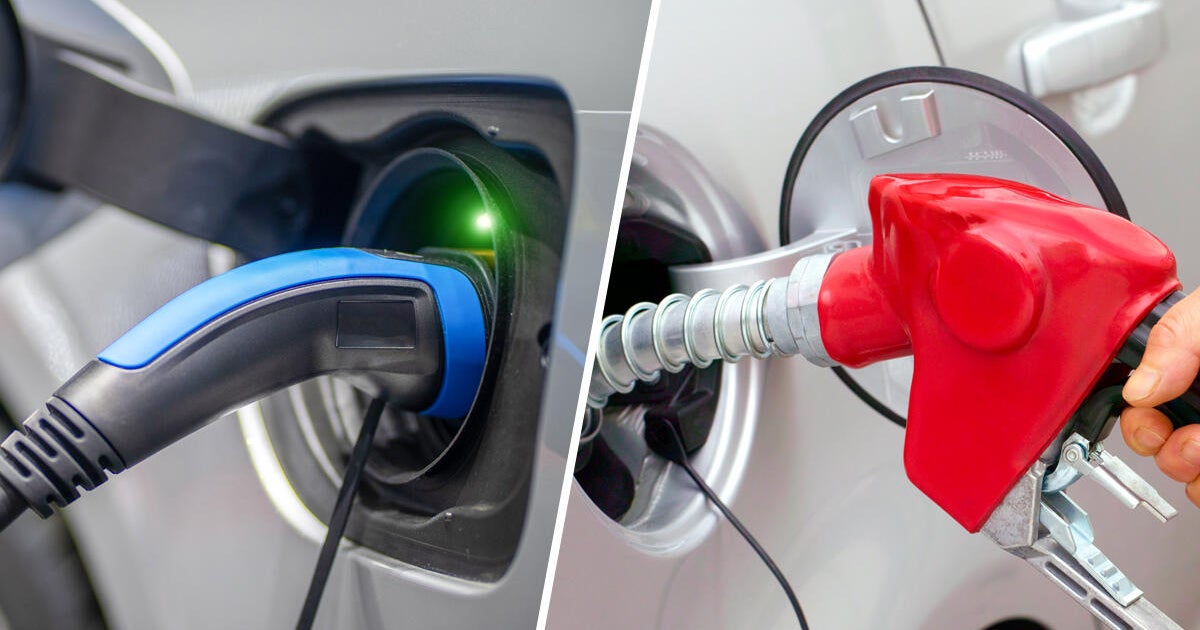Ailyn Quesada wears many hats — mom, realtor, property manager — and her car wears just as many miles. With a packed schedule and a $200 monthly gas bill, she’s now weighing whether switching to an electric vehicle (EV) could save her money and hassle.
“I have to drive everywhere. I’m a realtor, so I drive all over Miami,” Quesada said.
She leases her vehicle, which limits the number of miles she can drive annually. To avoid penalties, she stacks appointments to manage mileage — but with her kids out of school this summer, she expects to drive even more. That has her thinking about going electric.
Is switching to an EV worth it for busy professionals?
While EVs promise long-term savings at the pump, experts say the decision isn’t simple. Patrick DeHaan, a fuel analyst with GasBuddy, says the key to better gas mileage isn’t just the vehicle you drive — it’s how you drive it.
“Pedal to the metal, light to light — those habits could be costing you 20 to 40 cents more per gallon,” DeHaan said. He recommends smoother highway driving and comparing prices online to stretch fuel further.
Gas vs. electric: what drivers really spend each month
Still, EVs can offer substantial savings. A study from EVplugpros.com shows EV owners typically spend just $39 a month to charge their cars — a fraction of the $140 average for gas-powered vehicles. But there’s a catch: charging time.
“You could be looking at an hour to a full day to charge a dead EV,” DeHaan explained. “If you’re in real estate, on the move, the time factor can be a dealbreaker.”
Electric car prices are falling, but time is still a cost
With her lease nearing its end, Quesada is keeping her options open. Kelley Blue Book reports EV prices are dropping, with the average electric car selling for $59,205 in April — still higher than the $48,699 average for new gas vehicles.
For working professionals like Quesada, the decision may come down to balancing costs, convenience, and the demands of a busy life on the road.



